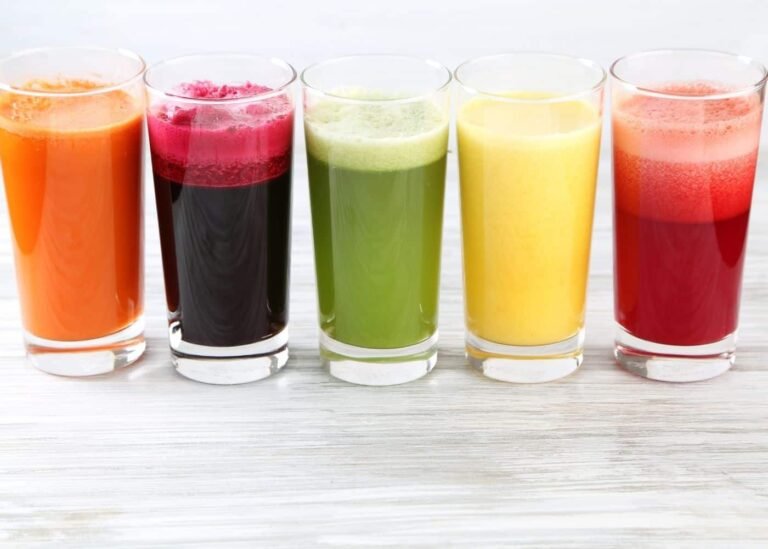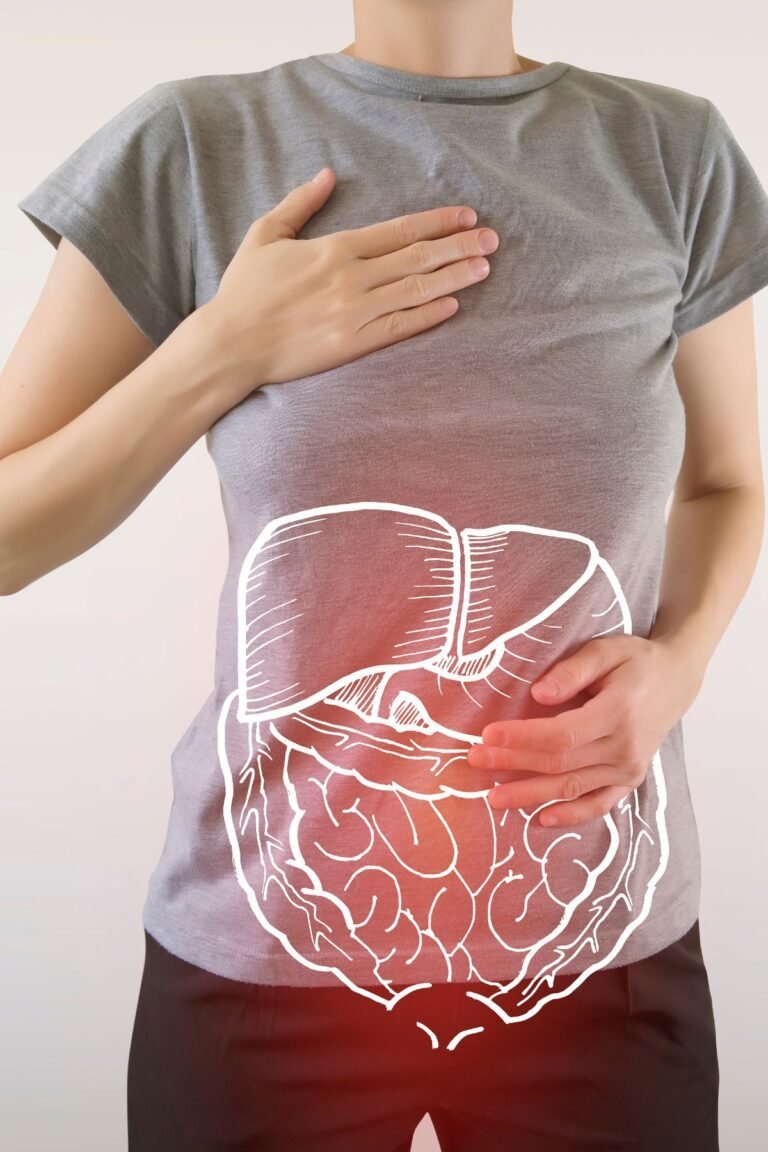Does Coffee Cause Gas & Bloating (And How To Help)?
Do you ever finish your morning cup of coffee only to find yourself feeling uncomfortably bloated? You’re not alone. Let’s delve into why this happens and what you can do about it.
Understanding Bloating from Coffee:
Imagine this: you’ve just sipped on your favorite brew, and suddenly, you feel a tightness in your abdomen. That’s bloating – a common sensation often accompanied by gas and discomfort.
Causes of Coffee-Induced Bloating:
- Acidity: Coffee contains various acids that can upset sensitive stomachs. The brewing method, brewing time, grind size, and roast level all influence the acidity of your cup.
- Caffeine: This beloved stimulant found in coffee can increase stomach acid production and intestinal contractions, leading to bloating for some individuals.
- Lactose Intolerance: Adding milk or cream to your coffee introduces lactose, a sugar many people struggle to digest. If you’re lactose intolerant, this could be the culprit behind your bloating.
- Artificial Sweeteners: Some artificial sweeteners present in flavored coffee drinks can be hard on the stomach, causing discomfort and bloating in susceptible individuals.
- FODMAPs: Certain sugars found in coffee can be difficult for some people to digest, contributing to bloating, especially when combined with milk or cream.
- Volume: Drinking large quantities of coffee can physically expand your stomach, leading to feelings of fullness and bloating.
Tips to Minimize Bloating:
- Limit Consumption: If you find coffee consistently triggers bloating, consider reducing your intake or exploring alternative beverages.
- Choose Low-Acid Options: Opt for cold brew or low-acid coffee brands to minimize stomach irritation.
- Use Lactose-Free Alternatives: Swap regular milk or cream for lactose-free options like almond, oat, or soy milk.
- Try Decaf: If caffeine exacerbates your bloating, switch to decaf coffee, which undergoes a process to remove most of the caffeine content.
- Experiment with Brewing Methods: Cold brew and other alternative brewing methods might be gentler on your digestive system.
Conclusion:
While coffee is a beloved morning ritual for many, it can also be a source of digestive discomfort for some individuals. Understanding the factors that contribute to bloating can help you make informed choices to enjoy your coffee without unpleasant side effects.
FAQ:
1.Can I still enjoy coffee if I’m lactose intolerant?
Absolutely! Simply switch to lactose-free milk alternatives like almond or oat milk to avoid digestive discomfort.
2.Is decaf coffee less acidic?
Decaf coffee typically has a similar acidity level to regular coffee. However, it may be gentler on the stomach for those sensitive to caffeine.
3.How can I tell if artificial sweeteners are causing my bloating?
Try eliminating artificial sweeteners from your coffee for a period and observe if your symptoms improve. If they do, you may have identified the culprit






